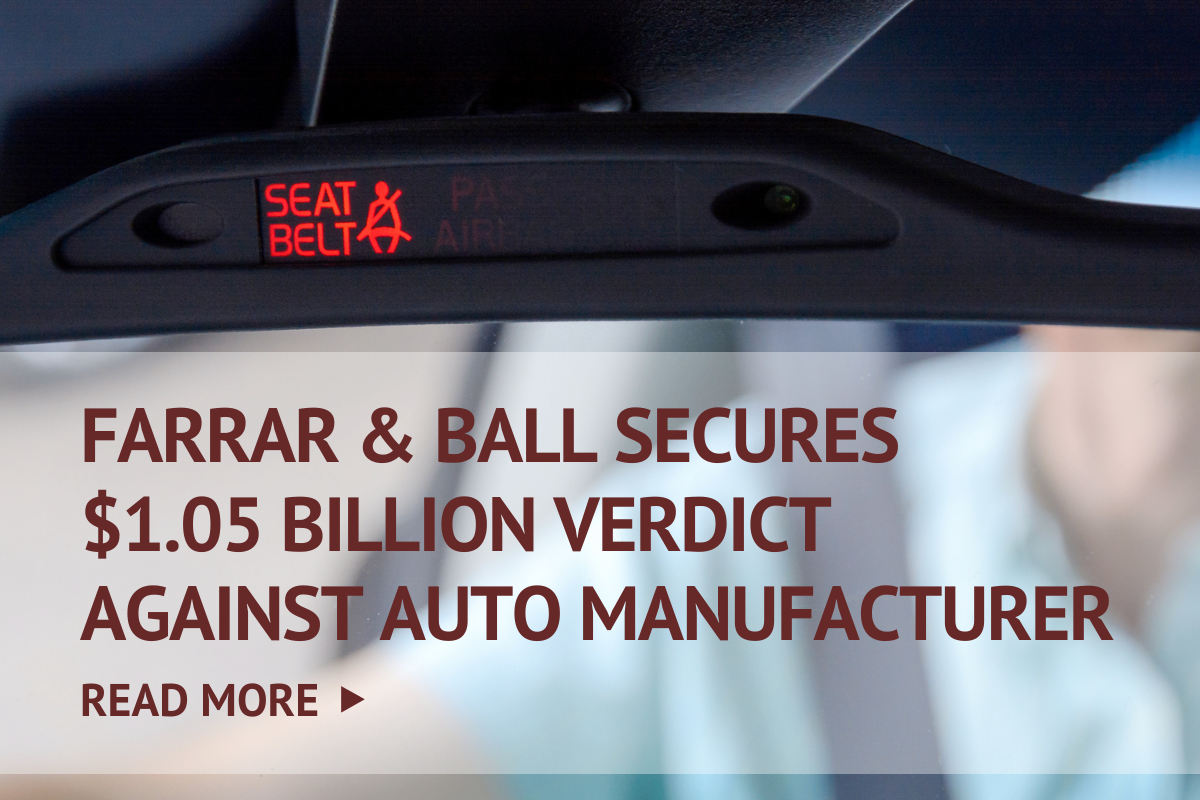By now, Takata, Honda and dozens of other automakers share the dubious honor of having caused the largest product recall in U.S. history for defective airbags that have killed more than 13 worldwide and injured hundreds more.
New recall announcements roll out on practically a weekly basis as the recall list grows to more than 60 million U.S. vehicles. Less known, however, is the shameful fact that at least four major automakers (Fiat Chrysler, Toyota, Volkswagen and Mitsubishi) continue to sell vehicles containing defective airbags. This means that car buyers are driving away from showrooms in new cars that will have to be returned for repairs once the parts become available to perform these fixes. So much for peace of mind.
Until this week, Toyota dealers were refusing to tell car buyers disclose which of their models are still being sold with the defective airbags. It’s bad enough that these automakers continue to sell defective and dangerous products, but it’s unacceptable to refuse to inform car buyers in advance of a sale.
U.S. Transportation Secretary Anthony Foxx told Congress at a recent oversight hearing that he has no legal authority to force other automakers to follow suit with such disclosure of likely future recalls.
The news has prompted some lawmakers to consider a ban on selling new cars with defective airbags. At the very least, the National Highway Traffic Safety Administration (NHTSA) should demand that car dealerships inform buyers when cars they are purchasing have a known defect. This is even more critical considering how difficult it can be to perform recalls after a vehicle has left the lot.
U.S. Senator Bill Nelson explained that while the law permits manufacturers to sell a car that’s subject to later recall, the fact that automakers aren’t required to tell buyers before a purchase is “inexcusable.”
The NY Times summed it up this way in a recent opinion piece: “It’s a bizarre situation when a faulty device is knowingly put into new cars. This can’t give consumers much confidence in this industry or its regulator.”
When lawmakers and regulators are unable to keep us safe, our civil justice system is there to step in. At Farrar & Ball, we are committed to holding automakers accountable when they are unwilling to provide safe products and deceive consumers. We are actively representing individuals who have been injured by defective Takata airbag deployments.



